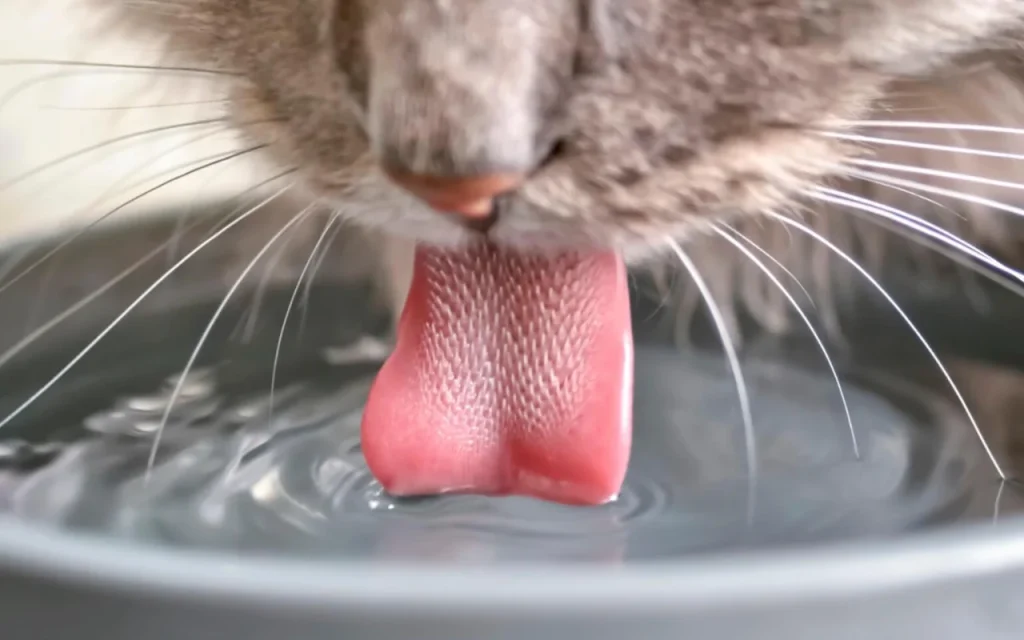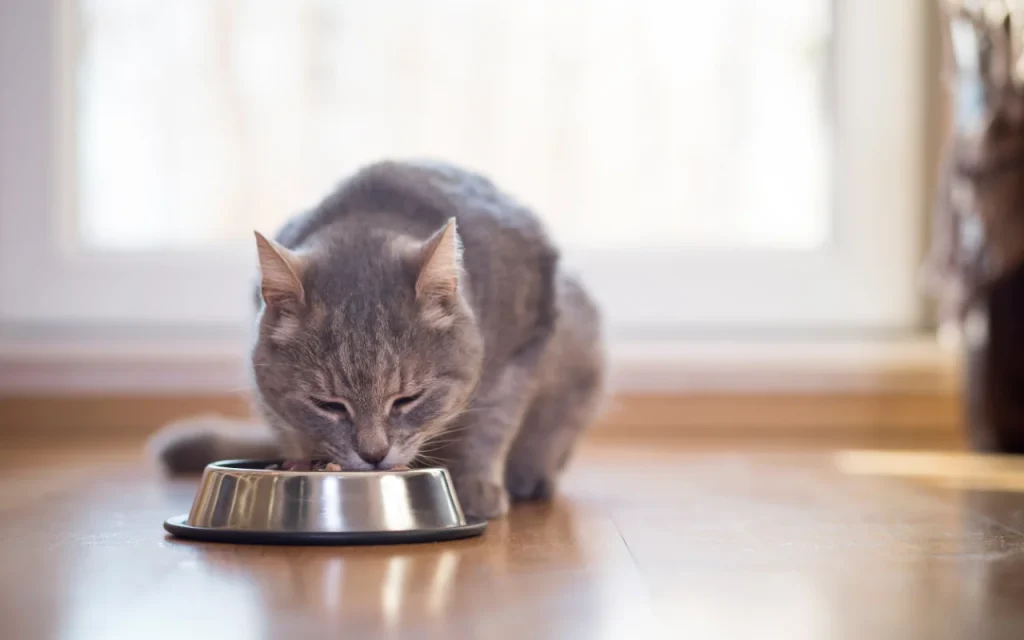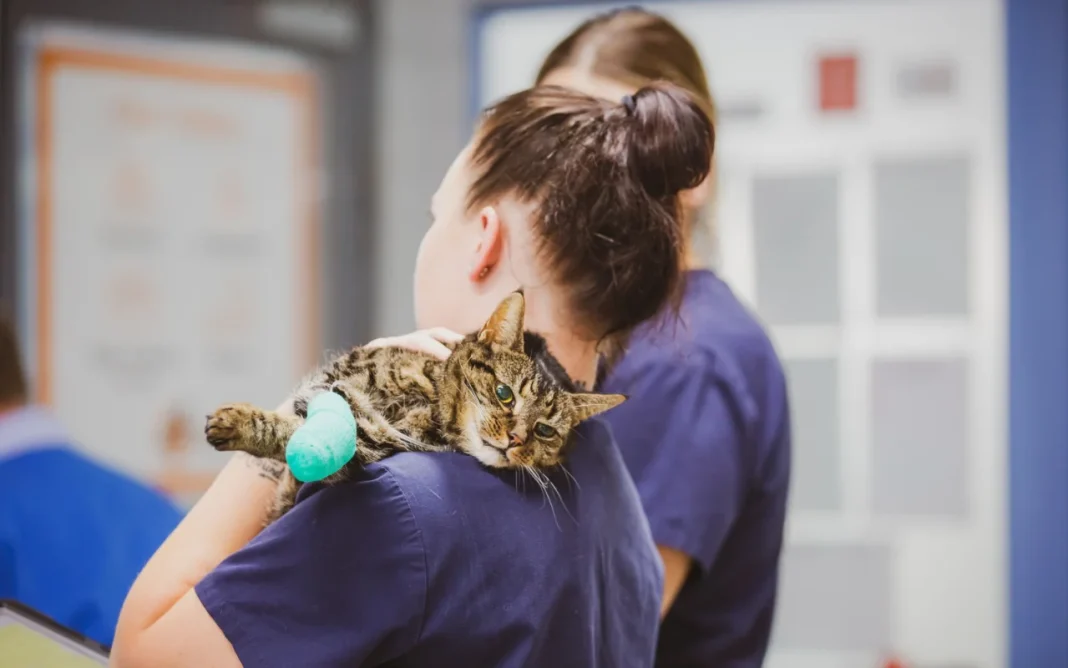Gosh, hearing the words “kidney disease” connected to your cat… it’s one of those moments that can just make your stomach drop, can’t it? Suddenly, everything feels a bit heavy, and a million questions start racing through your mind. If you’re in that boat, or just trying to understand what this all means, please know you’re not alone in this, and I really get it. As a vet, I’ve had this conversation many times, and while it’s a tough diagnosis to hear, getting a clear picture and knowing there are ways to help can make a world of difference for your peace of mind, and for your precious cat.
So, let’s just talk this through, okay? No overwhelming jargon, just a straightforward chat about what’s up when a cat’s kidneys are struggling, what little clues you might spot, and how your vet team and you can work together to help your kitty feel as good as possible.
So, What’s This Kidney Thing All About, Anyway?
You know, your cat’s kidneys are like these amazing little superheroes tucked inside them, working non-stop. Their main job? Cleaning the blood – pulling out all the gunk and waste, and turning it into pee to be flushed away. They also keep the water balance in their body just right and even help make hormones for things like red blood cells and blood pressure. Pretty vital stuff!
When we say “kidney disease,” it just means these superhero organs aren’t working at their peak anymore. Sometimes this happens super suddenly (we call that acute kidney injury – maybe from a nasty toxin or a bad infection). But much more often, especially in our older feline friends, it’s a slower, more gradual thing called Chronic Kidney Disease, or CKD. It can creep up so quietly, which is why spotting those early signs is so incredibly helpful.
Little Nudges Your Cat Might Be Giving You (Key Signs to Watch For)

You know your cat better than anyone. You see them every day. So, you’re the one who’s most likely to notice if something’s a bit off.
- Is the Water Bowl Suddenly Super Popular? This is a biggie. If your cat’s drinking way more than usual, or trying to sneak drinks from taps or puddles, their kidneys might be struggling to keep them hydrated.
- More Action in the Litter Box? Drinking more often means peeing more. You might see bigger pee clumps, or they might even start having accidents outside the box – sometimes because they just can’t hold it.
- Looking a Bit Leaner? Gradual weight loss, even if they still seem to be eating okay, can be a quiet little warning bell.
- Coat Not Looking Its Best? Maybe their fur seems a bit dull, or they’re not grooming as much. When cats don’t feel great, their coat often shows it.
- Just… Slower? If they seem a bit more tired, less playful, or are hiding away more, that’s worth noting.
As things get more serious, you might see them go off their food, maybe some vomiting, or even a funny smell on their breath. Any of these, especially if they’re new or changing, mean it’s time for a chat with your vet.
Partnering With Your Vet: Getting Answers
If you’re worried, please don’t wait. A vet visit is your absolute best first step. We can’t guess what’s going on; we need to do a bit of detective work. This usually means:
- A Good Chat & Check-over: We’ll listen to everything you’ve noticed and give your cat a thorough exam.
- Blood and Urine Tests are Key: These are like little windows into how those kidneys are doing. They tell us about waste levels, hydration, minerals, and if there’s any infection or protein loss. A test called SDMA is super helpful for catching things early!
- Blood Pressure Check: High blood pressure often goes hand-in-hand with kidney issues in cats, so we’ll want to check that too.
These tests help us see the full picture and figure out the best way forward for your cat.
How We Help Your Kitty Feel Better: The Main Goals

Now, it’s really important to understand that for Chronic Kidney Disease, we can’t usually make the kidneys brand new again. But, and this is a big but, there’s so much we can do to help manage the condition, slow things down, and keep your cat feeling as comfortable and happy as possible. That’s our main aim.
Think of it like this:
- The Right Food is Like Medicine: Special kidney-friendly diets are a cornerstone. These are carefully made to be easier on the kidneys – usually lower in phosphorus and with just the right kind of protein. Getting your cat to eat a new diet can sometimes be tricky, so your vet will have lots of tips for a slow, gentle transition. Wet food is often fantastic because of the extra moisture!
- Hydration, Hydration, Hydration! Keeping them well-hydrated is huge. Encouraging drinking (water fountains can be great!) and using wet food helps. Sometimes, if they need more help, your vet might even show you how to give them a little extra fluid under their skin at home – it sounds scary, but so many owners become pros at it, and it can make a world of difference to how their cat feels.
- Medications if Needed: Depending on what your cat’s tests show, we might use medications to help with things like high blood pressure, low potassium, nausea, or to help manage phosphorus levels.
- Regular Check-ins: This isn’t a one-and-done thing. We’ll want to see your cat regularly to monitor how they’re doing, check their tests, and tweak their plan as needed. You and your vet are a team in this.
Living With Kidney Disease: It’s All About Their Quality of Life
Hearing this diagnosis is tough, no doubt. But many cats with kidney disease, especially if it’s caught and managed well, can still have a wonderful quality of life for a good while. It’s all about focusing on them – are they eating, comfortable, interacting, and still enjoying their favorite sunny spots and chin scratches? Those are the things that truly matter.
You’re not alone in this. Your vet team is there to support you and your cat every step of the way. Ask all the questions you have, share your worries, and know that by working together, you can give your beloved companion the best possible care and cherish the time you have.






